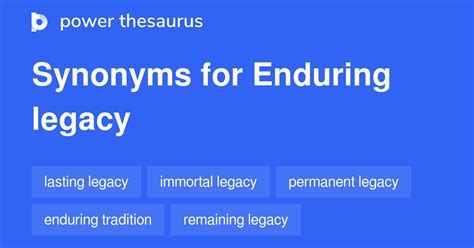Pell Grant Eligibility: Your Guide to Free College Funding

Are you dreaming of a college education but worried about the cost? The Pell Grant could be your key to unlocking affordable higher education. This comprehensive guide will walk you through everything you need to know about Pell Grant eligibility, ensuring you have the best chance of securing this valuable financial aid.
Understanding Pell Grant Eligibility
The Pell Grant is a federal grant program that provides financial aid to undergraduate students who demonstrate exceptional financial need. Unlike loans, Pell Grants don't need to be repaid. Eligibility hinges on several factors, including:
Key Factors Affecting Pell Grant Eligibility
- Expected Family Contribution (EFC): This is a measure of your family's ability to contribute to your college education, calculated using the Free Application for Federal Student Aid (FAFSA). A lower EFC generally increases your chances of receiving a Pell Grant.
- Enrollment Status: You must be enrolled at least half-time in an eligible program at a participating institution.
- Citizenship Status: You must be a U.S. citizen or eligible non-citizen.
- High School Diploma or GED: You typically need a high school diploma or its equivalent.
- Academic Progress: Maintaining satisfactory academic progress is crucial for continued eligibility.
- Prior Pell Grant Receipt: There are limits on the total amount of Pell Grant funding a student can receive.
How to Maximize Your Pell Grant Eligibility
Pell Grant Eligibility FAQs
Q: What is the maximum Pell Grant award amount?
A: The maximum Pell Grant award amount varies annually and is determined by the Department of Education. Check the Federal Student Aid website for the most up-to-date information.
Q: Can I receive a Pell Grant if I'm attending a private college?
A: Yes, you can receive a Pell Grant at a participating private college or university. However, the availability of funds and the amount you receive may vary depending on the institution.
Q: What happens if I don't qualify for a Pell Grant?
A: If you don't qualify for a Pell Grant, don't despair! There are other financial aid options available, including federal student loans, scholarships, and grants from the institution you are attending. Explore all available options. You may want to learn about other financial aid options.
Q: How do I apply for a Pell Grant?
A: The Pell Grant application is integrated into the FAFSA (Free Application for Federal Student Aid). Complete the FAFSA to be considered for a Pell Grant and other federal financial aid programs.
This guide provides a general overview of Pell Grant eligibility. Always consult official government websites and your college's financial aid office for the most accurate and up-to-date information. Remember, planning early and understanding the requirements are key to securing the financial aid you need for your college education.





